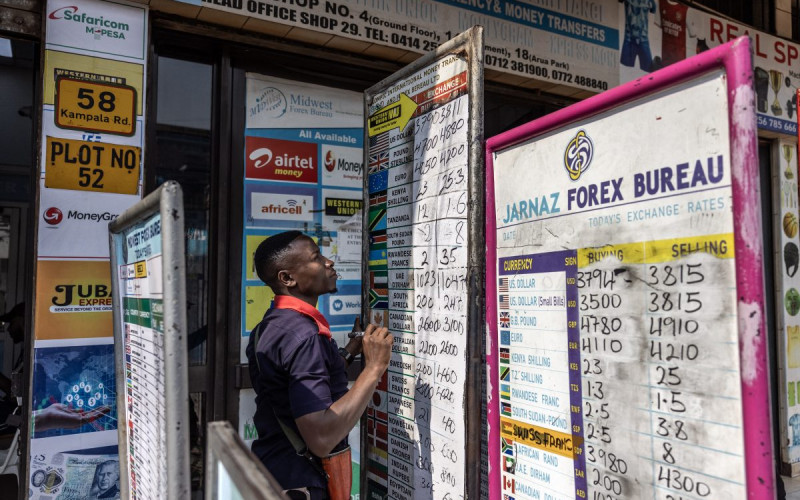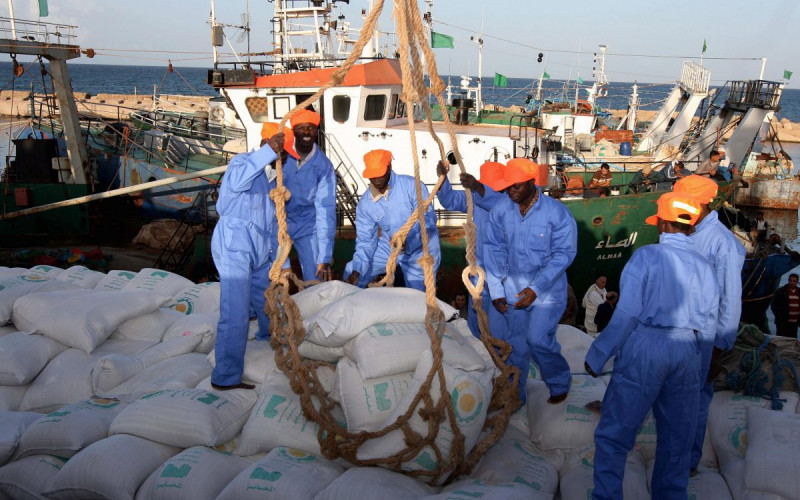Although the protected industries can gain from trade protection measures, other industries may suffer severely. Unfortunately, this is not a zero-sum game, as the net effect of a country’s trade protection measures on its own social welfare is negative. The South African government’s support to some industries, through trade protection and other forms of industrial policy, has costs for other industries.
Trade protection appears to be a politically attractive policy tool because of a certain degree of asymmetric information in society: most voters appreciate the immediate gains for the protected industries and underestimate the costs for the economy in the long run. Protectionist measures thereby generate public support, which of course is relevant in democracies. However, the knowledge about trade policy distortions and welfare costs is not widespread, and an increased public understanding of the economic trade-off caused by South Africa’s trade policy in general needs is needed. South Africa’s own trade policy measures for different industries can potentially hurt the country’s economy. In addition to tariffs, poor regulation of network industries (such as energy and telecommunications) and administrative burdens play an important role. Against this background, the latest South African industrial and trade policy initiatives are somewhat disappointing, relying on old interventionist tools and only marginally attacking the major problems in the economy.







